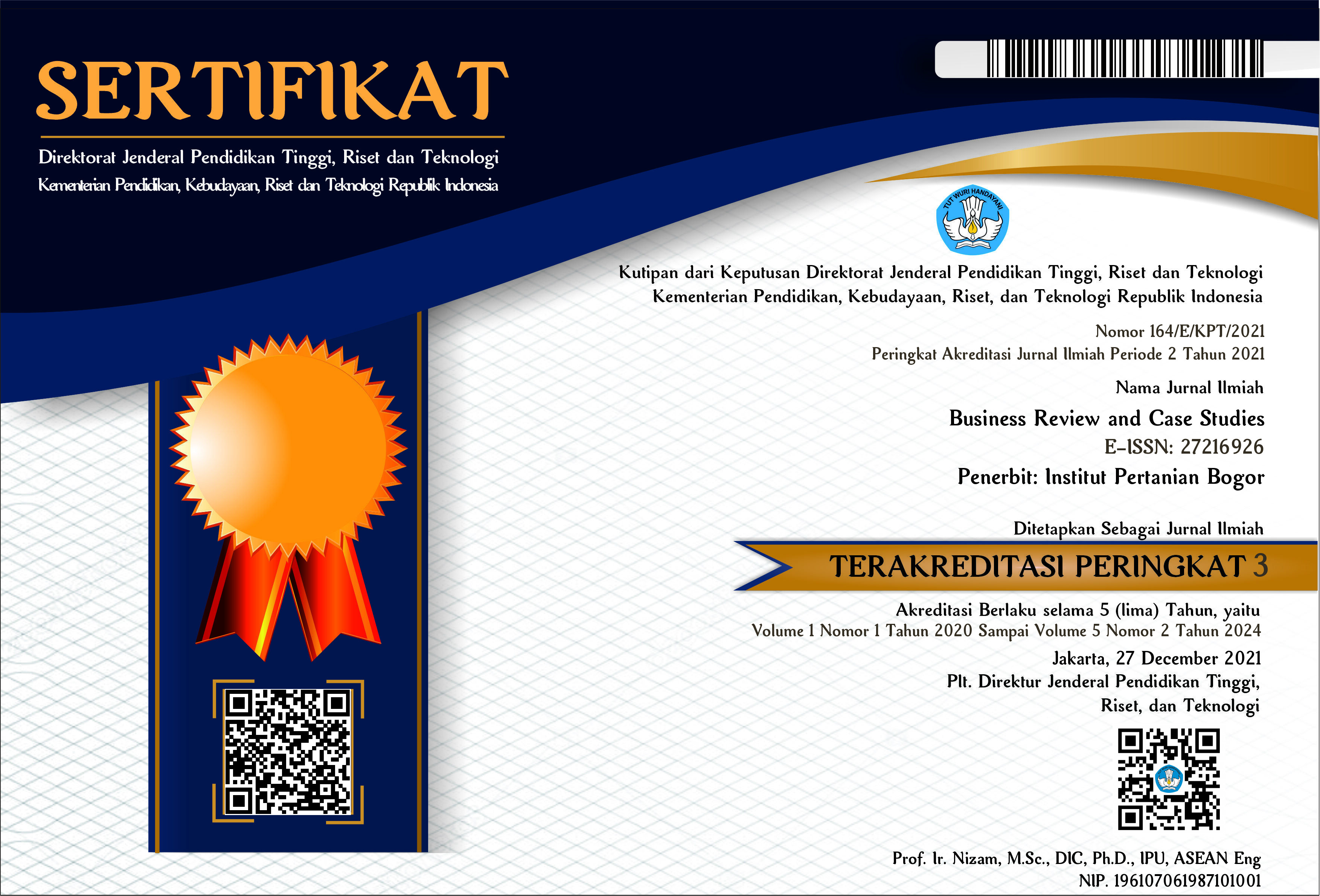Little Care: An Innovative Babysitter Service Developed Through a Design Thinking Approach
Abstract
Background: The role of mothers has undergone a significant transformation in recent years due to the increasing participation of women in the workforce. As more women pursue professional careers, balancing childcare responsibilities with career demands has become increasingly complex. The process of finding a babysitter who aligns with family preferences poses a considerable challenge, leading to heightened concerns among parents regarding the safety, trustworthiness, and compatibility of childcare providers.
Purpose: This study aims to address the challenges faced by parents in balancing childcare and career responsibilities by employing a solution-oriented approach through the design thinking framework. Specifically, this research seeks to investigate the key difficulties encountered by working parents in finding reliable babysitters, the primary concerns related to trust, safety, and service quality, as well as the role of digital platforms in enhancing accessibility and transparency in babysitter selection.
Design/methodology/approach: The study adopts a design thinking methodology, focusing on three key phases: empathize, define, and ideate. Data collection is carried out through qualitative analysis of in-depth interviews, allowing for the development of insights that guide the creation of an innovative solution.
Findings/Results: The empathize phase revealed key findings through the construction of an empathy map, which highlighted parents' concerns and anxieties regarding childcare. Many parents, particularly career-oriented mothers, face significant difficulties in managing their time for childcare. Furthermore, parents encounter challenges in identifying babysitters who meet their specific needs, often experiencing hesitation in trusting available childcare providers.
Conclusion: The ideate phase led to the development of "Little Care," a proposed solution in the form of an online platform designed to connect parents with reputable and trusted babysitter agencies. The findings demonstrate the effectiveness of the design thinking approach in addressing the multifaceted challenges faced by modern families in managing childcare.
Originality/value (State of the art): This research highlights the relevance of the design thinking framework as a contemporary approach for addressing complex societal issues. By focusing on user-centered problem-solving, the study underscores the potential of design thinking to develop practical, innovative, and sustainable solutions for modern family childcare challenges.
Keywords: career woman, babysitter, design thinking, Little Care, online platform







.jpg)






